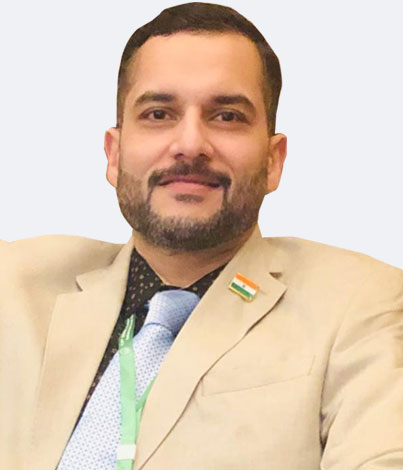2 Common Treatments for Head & Neck Cancers
- November 23, 2021
- 12 Comments
- cancer ,oncologist,oncology
Head and neck cancers is a collective term used for various malignancies that develop within the different areas of the head and neck. Doctors specializing in head & neck cancer treatment in Pune suggest that these cancers usually originate from the squamous cells present in the mouth, throat, nose, salivary glands and other surrounding structures. Just like any other malignancy, head and neck cancers, too, are quite aggressive and require immediate medical intervention. The advent of technology and innovation, over the past few years, has helped to device out various effective treatment modalities that can prove to be helpful for patients suffering from a wide range of head & neck cancers. Treatment options available: In this blog, we have discussed some of the most popular treatment options offered at the leading cancer hospitals in Mumbai. 1. Surgery – The aim of the surgery is to extract the cancerous growth along with the surrounding tissues and lymph nodes that have been affected. Surgery is one of the most commonly used treatment modalities, that is recommended by all the leading cancer specialists. These can be of various different types depending upon the type of the technique and approach used. Laser technology is usually used for treating small tumours detected at an early stage. This is especially useful for removing tumours present in the larynx. Excision involves the surgical removal of the tumour along with some healthy tissues which are commonly referred to as margin Lymph node or neck dissection is recommended by doctors if the malignancy has metastasized to the lymph nodes present in the neck. Dissection may be simultaneously done with excision. Reconstructive or plastic surgery does not aim at extracting the tumour but rather correcting the deformities caused by previous cancer surgery. It is done to replace the missing tissue that has been removed during excision. The surgery helps to restore the normal structure and function of the affected organ. Depending upon the type of tumour, its location, the stage of cancer and the adversity of the patient's condition, control there might be a need for more than one surgery. In some cases, it might not be possible to remove the complete tumour surgically. In such cases, the patient may be given additional treatment like chemo and radiation therapy for targeting and destroying the malignant cells. It is important to note that just like any other medical procedure, surgery comes with certain side effects as well. It is, hence, very important to talk to your doctor and discuss all the possible outcomes. 2. Radiation therapy – It involves the use of high-intensity radiations to target and destroy the cancer cells. The procedure may be repeated several times in a given set of time. The goal of the therapy is to destroy cancerous growths that cannot be easily accessed or removed surgically. Radiation therapy may be recommended as the primary treatment or performed after the surgery. External beam radiation therapy is the most common type of radiation therapy, which is given externally with the help of special machines. Advanced options like intensity-modulated radiation therapy (IMRT) are also available nowadays that help to specifically target the tumour with added precision and accuracy. This helps to alleviate most of the side effects associated with conventional radiation therapy. Proton therapy involves the use of protons in place of X-ray beams. At present, Proton therapy is used only for a limited number of head & neck cancers. Radiation therapy that involves the use of radiation-emitting implants is known as internal radiation therapy or brachytherapy. Before going for the therapy, it is important to make sure that you are physically and mentally prepared for it.








Leave Comment